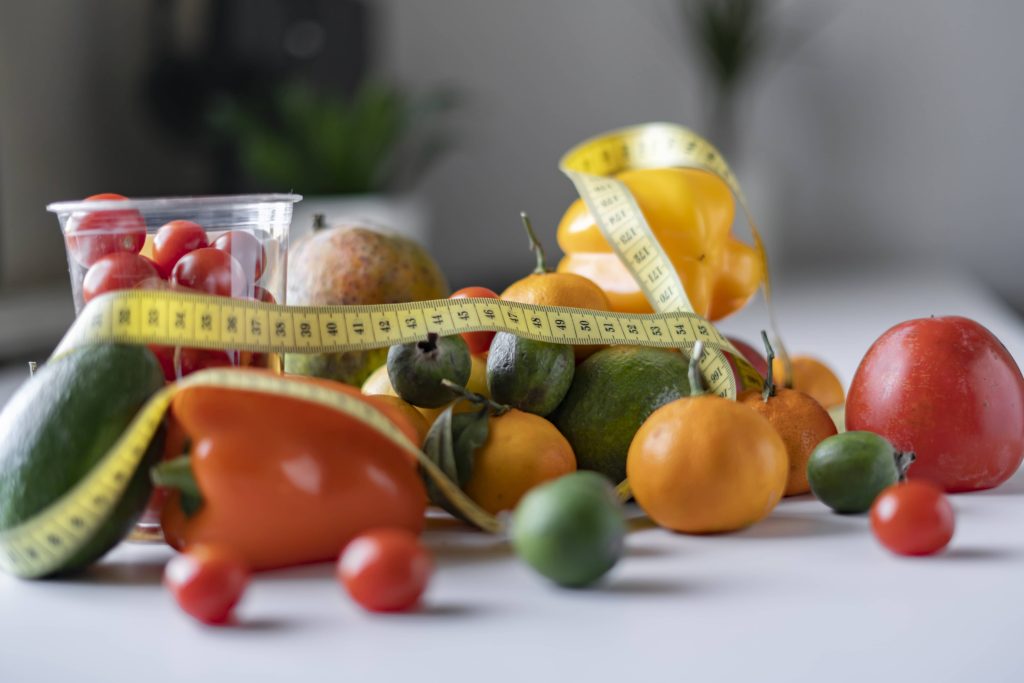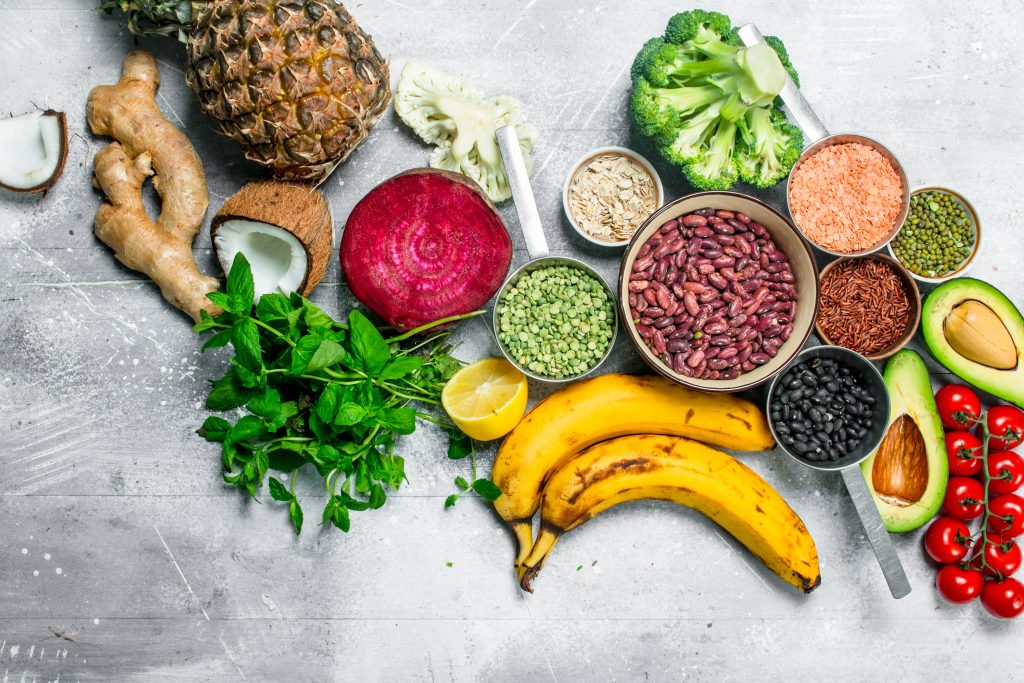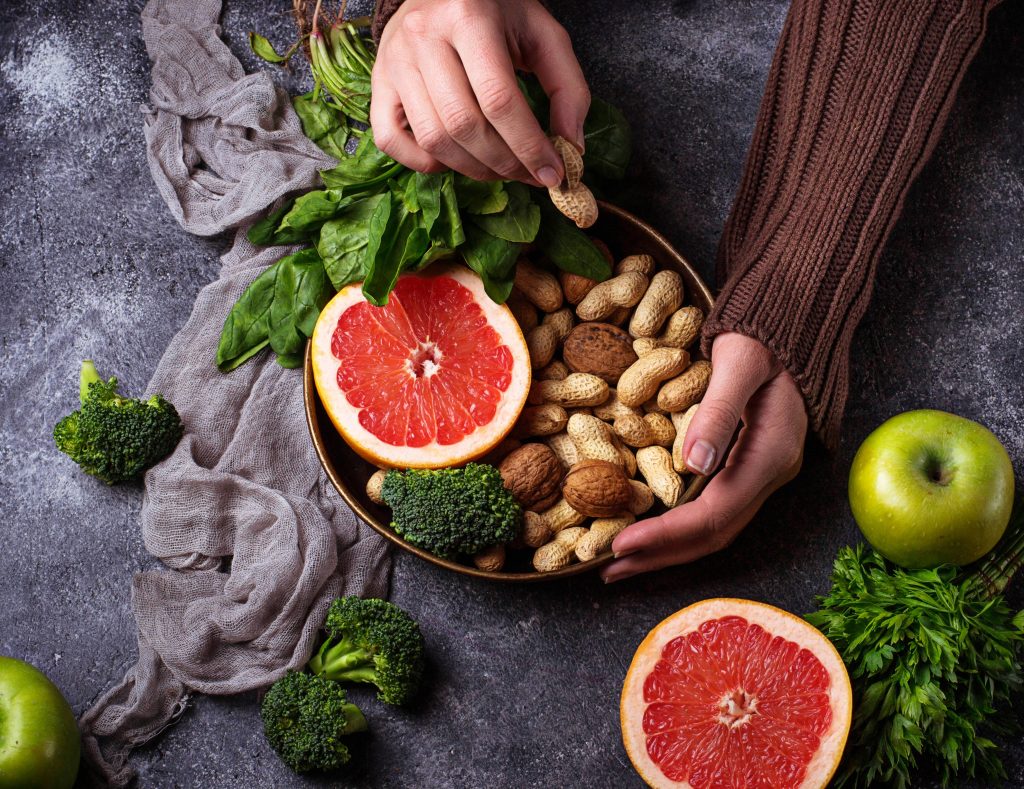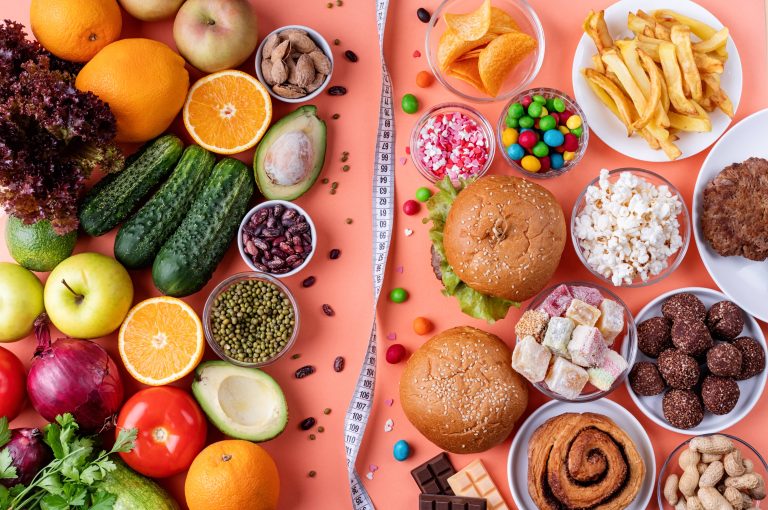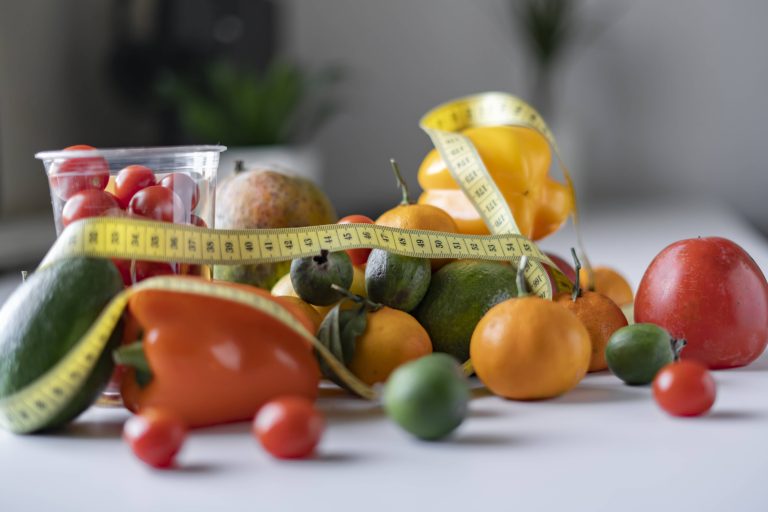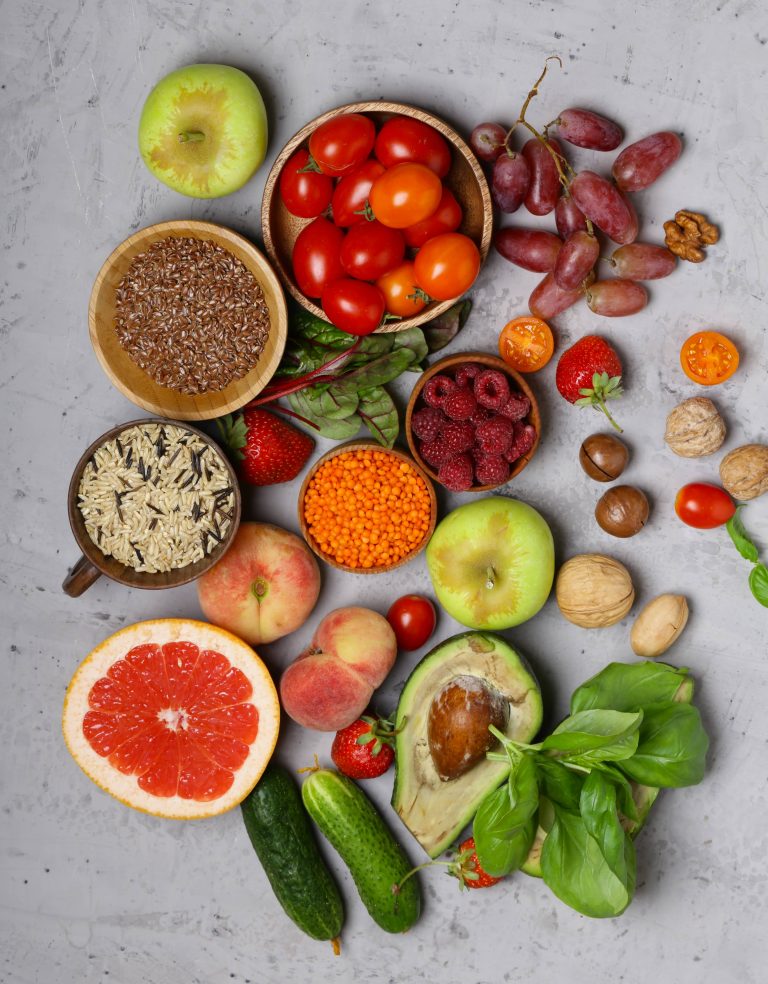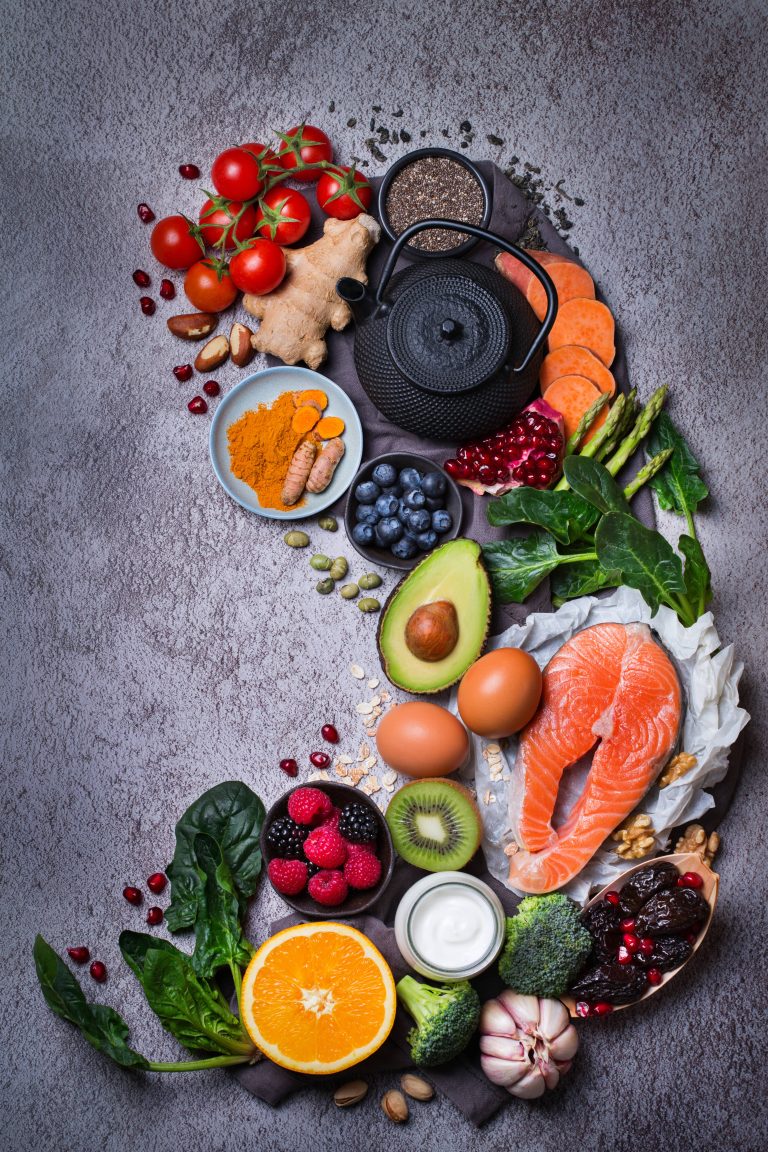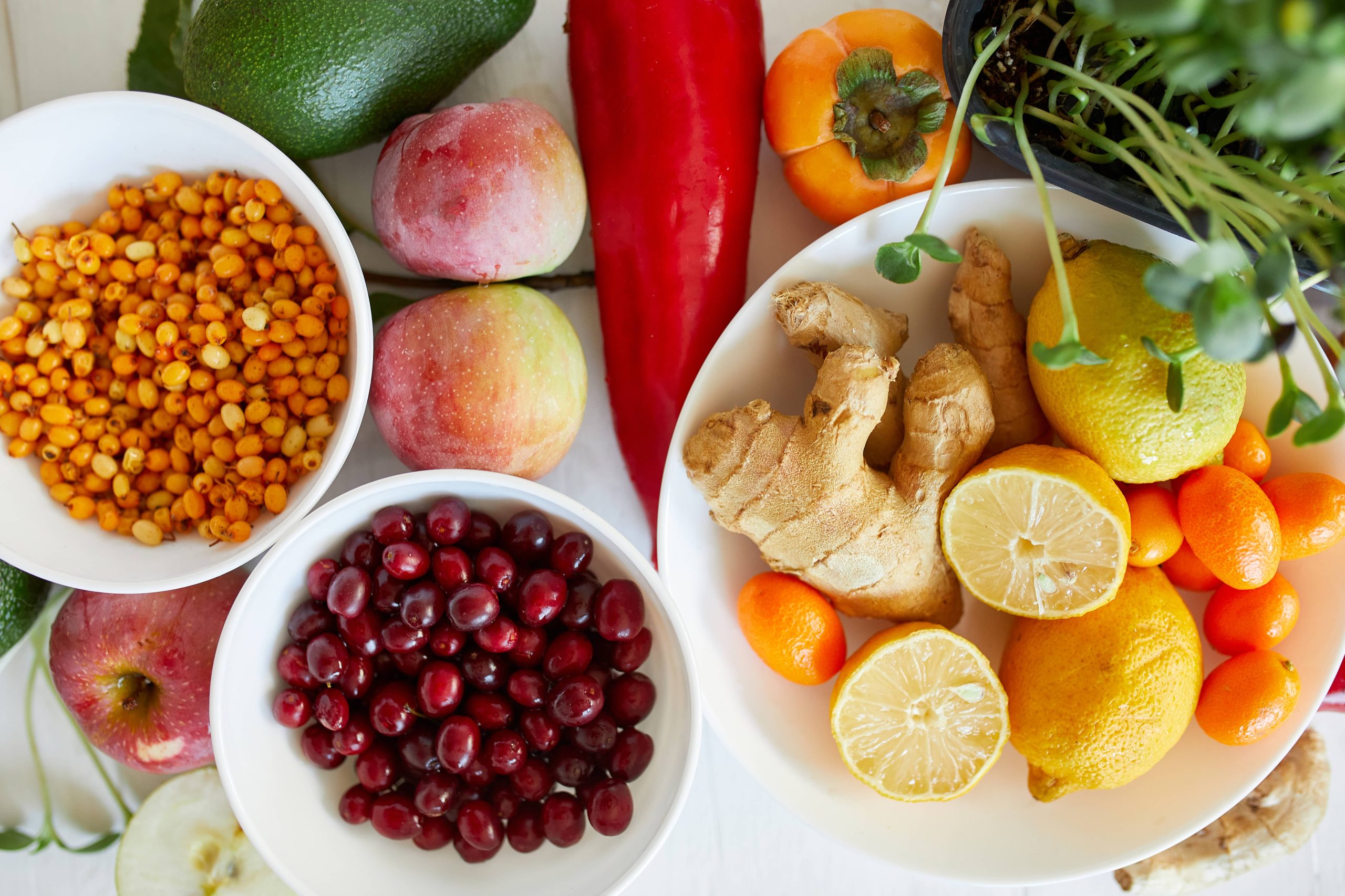
As women cross the threshold into their 50s, their bodies undergo a myriad of transformations. Hormonal changes, decreased metabolism, and shifts in muscle mass are just a few of the factors that necessitate an adaptation in dietary practices. Nutrition becomes a vital cornerstone to not only navigating these changes but thriving during this stage of life. In this comprehensive guide, we’ll delve into essential nutrition advice for women over 50, aiming to empower them with the knowledge needed to nourish their bodies and support their well-being.
Understanding the Shifts
Before diving into specific nutritional recommendations, it’s crucial to comprehend the physiological shifts that typically occur in women around this age:
1. Hormonal Changes: Menopause brings about a decrease in estrogen, which can affect bone density, heart health, and skin elasticity.
2. Metabolic Rate: There is a natural decline in metabolic rate, leading to potential weight gain if dietary habits remain unchanged.
3. Bone Health: With age, the risk of osteoporosis increases, necessitating focused attention on nutrients that support bone health.
4. Heart Health: The risk of cardiovascular disease increases post-menopause, emphasizing the need for a heart-healthy diet.
Nutritional Essentials
1. Calcium and Vitamin D
Maintaining bone health becomes paramount for women over 50. Calcium and vitamin D work in tandem to build and maintain strong bones. While calcium supports bone structure, vitamin D enhances calcium absorption.
– Calcium: Aim for 1,200 milligrams per day. Incorporate dairy products like milk, cheese, and yogurt, or plant-based sources like leafy greens, almonds, and fortified plant milks.
– Vitamin D: As sunlight exposure decreases with age, supplementation is often recommended. Fatty fish (e.g., salmon, mackerel), egg yolks, and fortified foods can help, but consult with a healthcare provider for appropriate supplementation.
2. Protein
Preserving muscle mass is vital as muscle synthesis tends to slow with age. Protein plays a crucial role in maintaining muscle health and supporting metabolic functions.
– Inclusion of lean protein sources such as chicken, turkey, and legumes into your diet.
– Consider plant-based proteins like tofu, tempeh, and quinoa, which also provide fiber and essential micronutrients.
3. Fiber
Fiber is essential for digestive health and can help manage weight by promoting feelings of fullness. It also supports heart health by helping to control cholesterol and blood sugar levels.
– Aim for about 21 grams of fiber daily from fruits, vegetables, whole grains, and legumes.
– Prioritize whole grains such as oats, brown rice, and whole-wheat products, and opt for a variety of colorful fruits and vegetables.
4. Omega-3 Fatty Acids
Heart health becomes increasingly important, and omega-3 fatty acids offer numerous cardiovascular benefits. These healthy fats can also reduce inflammation and support brain health.
– Incorporate sources of omega-3s such as fatty fish (e.g., salmon, sardines, trout), flaxseeds, chia seeds, and walnuts.
5. Antioxidants
Antioxidants protect cells from damage and can slow the aging process. They are vital in maintaining skin health and reducing the risk of chronic diseases.
– Focus on consuming a variety of antioxidant-rich foods like berries, dark chocolate, pecans, and green tea.
6. Hydration
As we age, our sense of thirst may diminish, but adequate hydration remains essential for every bodily function. Water supports digestion, nutrient absorption, and skin health.
– Aim to drink at least 8 cups of water daily, and adjust based on activity level and climate.
– Include teas, soups, and water-rich fruits and vegetables in your diet to support hydration levels.
Tailored Lifestyle Adjustments
While nutrition forms the foundation of health for women over 50, lifestyle factors play a complementary role:
– Regular Exercise: Incorporate both resistance training and cardiovascular exercises to support muscle health, bone density, and heart health. Activities like walking, swimming, yoga, or pilates can be beneficial.
– Mindful Eating: Practice attentive eating by savoring meals, listening to hunger cues, and avoiding distractions during meals to prevent overeating.
– Stress Management: High stress levels can impact health; engage in practices like meditation, deep breathing, or hobbies to maintain a balanced mental state.
– Regular Check-ups: Stay informed about individual health needs through regular health screenings and blood tests to monitor nutrient levels and overall health.
Empowerment Through Nutrition
Embracing the 50s with vitality is not just a possibility but a probability when armed with the right nutritional insights and lifestyle choices. As we age, it’s crucial to remember that small modifications can yield significant health benefits.
Adopting a well-rounded diet rich in essential nutrients, combined with an active and mindful lifestyle, can greatly enhance the quality of life for women over 50. Every meal is an opportunity to nourish the body and mind, paving the way for a vibrant, fulfilling life stage with confidence and grace.
Whether you are stepping into your 50s or have been navigating this life stage for some time, remember that a proactive approach to nutrition and health will empower you to live your best life.

